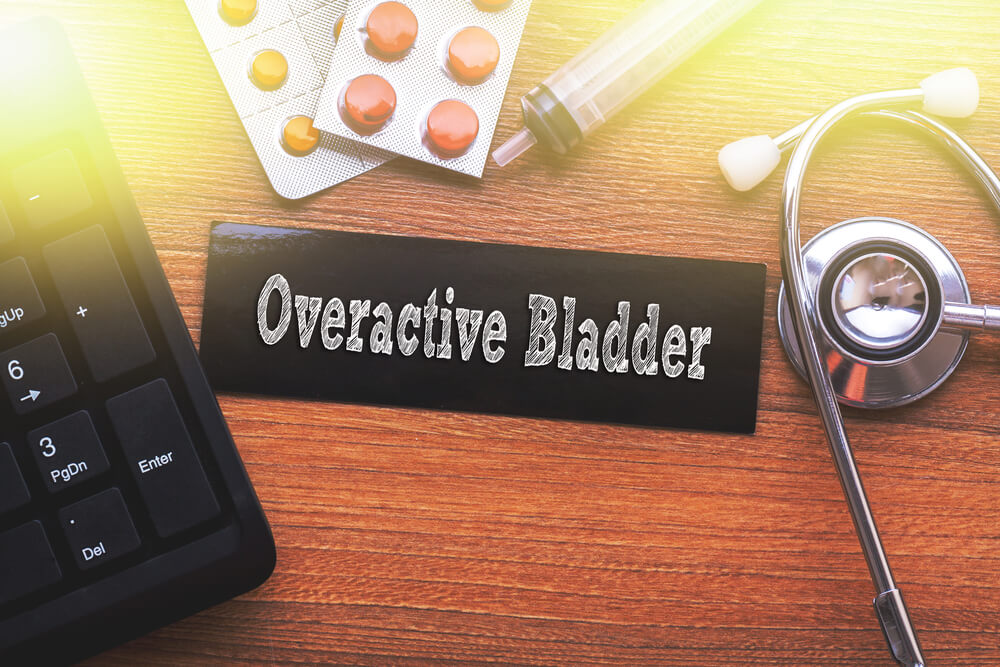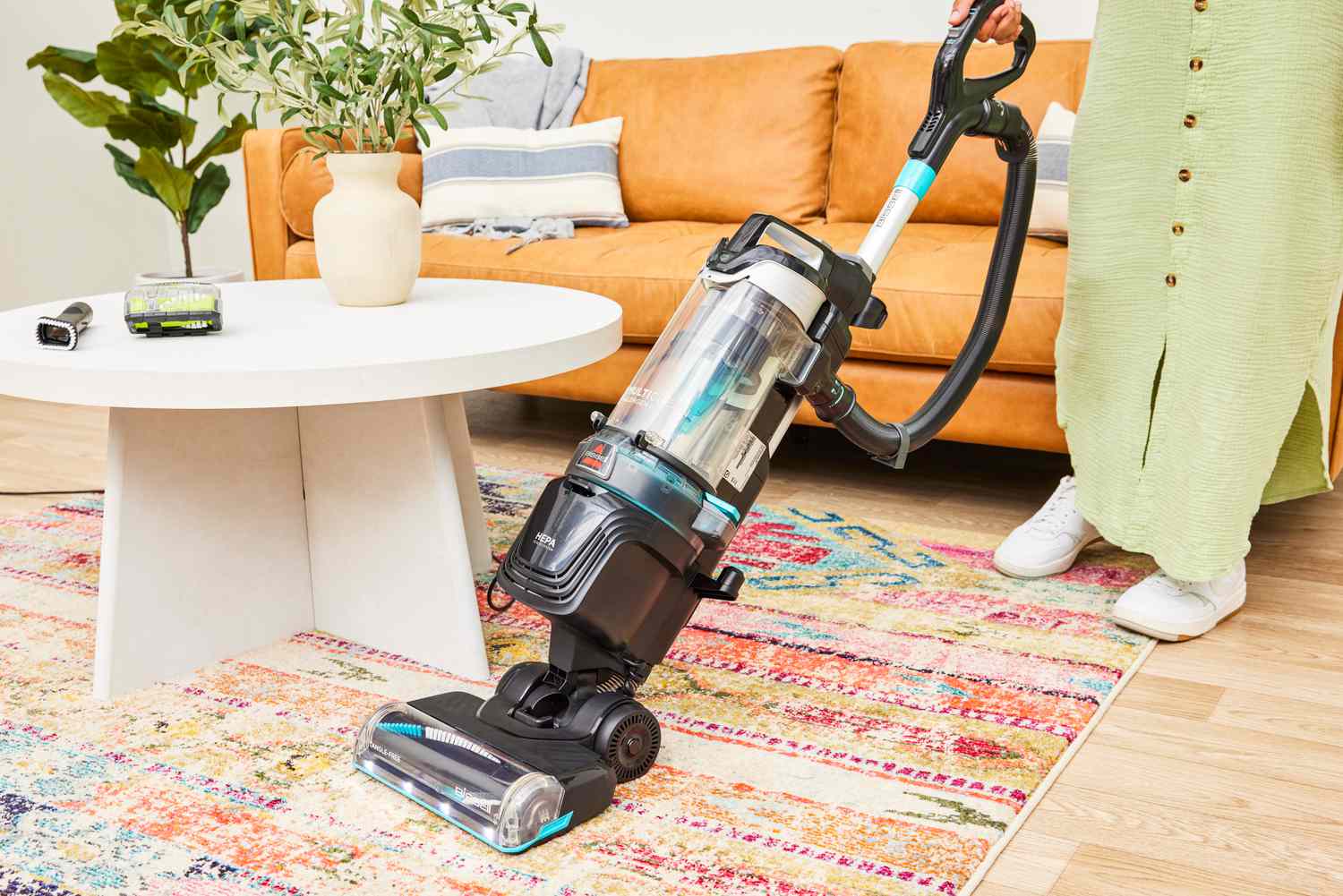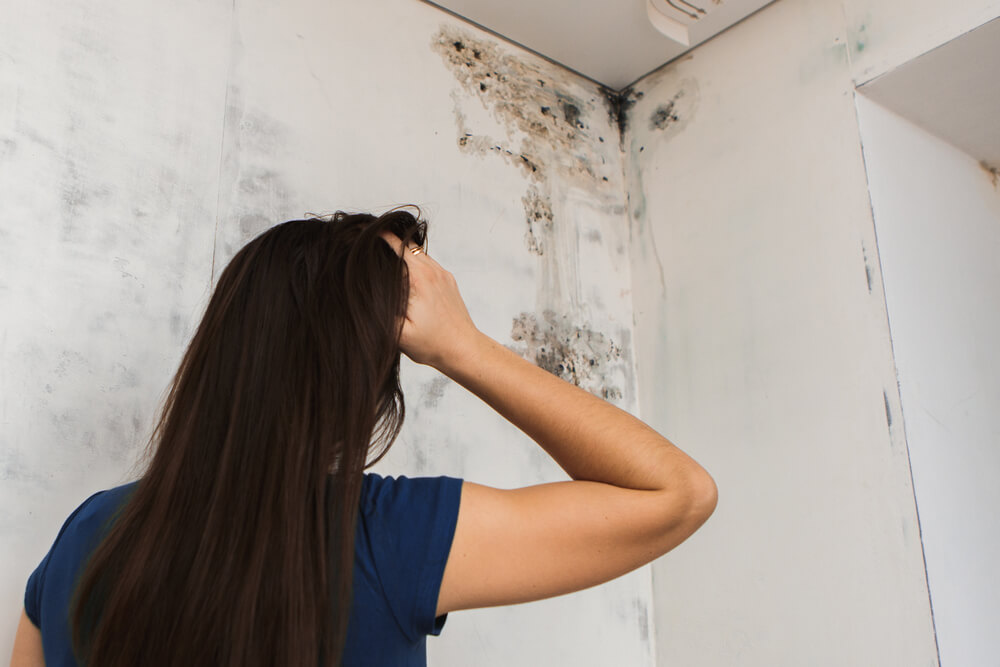In Health
Published 12/20/2025
Could One of These 10 Issues Be Causing Your Overactive Bladder?
It’s a known fact that an overactive bladder affects nearly 33 million Americans. This condition can be both medically and psychologically serious. Firstly, an overactive bladder can be a sign of serious medical problems like nerve damage, stroke, and tumors. Secondly, it can also be incredibly challenging for adults to live with; overactive bladders are often a source of depression and social isolation.
If you know the symptoms, causes, and what to do next, an overactive bladder can be much more manageable.
Symptoms
Overactive bladders have a few telltale symptoms that are hard to miss. If you notice these symptoms, it would be a good idea to get in touch with a medical professional.
Sudden Urge to Urinate
Urine Leakage
Urinating Frequently at Night
Bladder Spasms That Can Feel Like Cramps
Feeling Like You Need to Urinate More Frequently Than Usual
Complications
While an overactive bladder might be manageable on its own, it can also be a sign of some pretty complicated medical problems. Here are just a few things to look out for that can happen alongside an overactive bladder.
Tumors
Nerve Damage
Urinary Tract Infections
Prostate Problems
Cancer
What are the Causes of an Overactive Bladder?
With so many potential complications, let’s take a closer look at some things that can cause an overactive bladder…
1. Trauma to the Bladder
If you experience any traumatic injuries to the torso or bladder, you can trigger an overactive bladder. This injury can be anything from being in a car crash to landing wrong after a fall. The type of trauma and each individual’s biology also play a role here. In other words, the type and severity of injury, coupled with how an individual’s body responds to it, play key roles in the potential development of an overactive bladder.
Why Trauma to the Bladder Increases the Risk of Overactive Bladder
The bladder is a complicated organ controlled by a muscle and some important nerves. If any of these systems become damaged, a person can have an overactive bladder as a result.
What types of injuries can harm these systems? Traumatic injuries to the abdomen, for one. These types of injuries can be very difficult to track, though, since they might not be as extreme as a car crash. In other words, since these injuries can be more mild, the traumatic event that caused the overactive bladder might be overlooked.
All in all, any traumatic injury to the abdomen can lead to an overactive bladder.
Other Symptoms of Trauma to the Bladder
Luckily, it is usually fairly obvious when traumatic injury is to blame for an overactive bladder. Individuals who start to experience bladder problems after an injury can trace their problems back to a likely cause.
One of the reasons for this is nerve damage….
2. Nerve Damage
Like the rest of our bodies, our bladders are controlled by the nervous system. If the nerves that connect to your bladder become damaged, you can subsequently experience an overactive bladder.
Why Nerve Damage Increases the Risk of Overactive Bladder
Nerves are both sensitive and complicated. If they become damaged, your bladder can wind up having trouble sending signals to your brain. This event can lead to issues both controlling urination and being able to tell when your bladder is full; overactive bladders are often caused by these types of nerve damage.
Other Symptoms of Nerve Damage
Nerve damage usually comes with other notable symptoms. Chronic diseases that damage the nervous system, for example, can also cause problems with bladder regulation. Injuries and surgeries that have happened in the abdomen can also damage the nerves that regulate the bladder.
Sometimes, an infection is to blame…
3. Urinary Tract Infections
Urinary tract infections, also known as UTIs, can lead to an overactive bladder. These infections happen in the urinary tract, which has a direct line to your bladder.
Why Urinary Tract Infections Increase the Risk of Overactive Bladder
Infections are a prominent cause of an overactive bladder. The reason why this type of infection can wreak havoc on your bladder is because the infection can reach your bladder. They also cause swelling, which puts lots of pressure on the bladder and causes similar problems.
Other Symptoms of Urinary Tract Infections
The symptoms of a UTI can mask themselves as other illnesses. They often include pain in the abdomen and pain while urinating. In severe cases, blood can appear in the urine. If the infection spreads to the kidneys, then vomiting, back pain, and fever may appear. An infection that spreads to the kidneys is serious and requires immediate medical attention.
Other bladder problems that can cause trouble are bladder stones…
4. Bladder Stones
Bladder stones are hard masses of minerals that have been deposited in the bladder over time. These minerals naturally occur in urine and can sometimes build up in the bladder. There are many factors that can contribute to the formation of bladder stones, but diet a major one.
These stones can cause an overactive bladder.
Why Bladder Stones Increase the Risk of Overactive Bladder
Bladder stones can cause an overactive bladder by pressing onto the wrong parts of this organ. Interestingly, some individuals with large bladder stones have no symptoms and experience no ill effects. It all depends on your own personal biology, just like kidney stones.
However, the larger or more numerous the stones become, the more likely you are to run into problems.
Other Symptoms of Bladder Stones
Bladder stones can cause a range of problems: pain while urinating, starting and stopping while urinating, a slow start to urine flow, and pain in the abdomen.
As mentioned, diet plays a big factor in bladder stones as well as an overactive bladder in general…
5. Diet
Nothing impacts our health quite like the food we eat. Each of us are sensitive to certain foods in our own ways. In fact, depending on your personal medical history and biology, what you eat can trigger an overactive bladder.
Why Diet Increases the Risk of Overactive Bladder
Certain foods have a heavier impact on bladder function than others. Diuretics—that is, foods that make you produce more urine—can trigger an overactive bladder in some people. These foods include coffee, alcohol, soda, and spicy foods.
Other Ways Diet Impacts Our Health
If you have other food allergies or sensitivities, you could be more likely to experience an overactive bladder when you consume certain foods. That means if you have a medical history of a sensitive digestive system or known food allergies, you should keep an eye out for common trigger foods if you start to experience an overactive bladder.
While we can largely control our diet, other causes of overactive bladder we have little control over. Our bodies change as we age, for example, and some of those changes can trigger an overactive bladder…
6. Menopause
Menopause represents a big life change; as we age, reproductive hormones naturally start to decline and that triggers menopause. This is a normal part of life, but it can come with some difficulties addressing medical concerns, such as an overactive bladder.
Why Menopause Increases the Risk of Overactive Bladder
Menopause introduces a lot of changes to the body. While the most commonly discussed ones are hormonal changes, there are other important physical changes as well. During menopause, the tissues of the vagina and the urethra lose elasticity and thin. These changes happen while the pelvic muscles weaken. These conditions combine to trigger an overactive bladder in some adults.
Other Symptoms of Menopause
The two big symptoms of menopause are hot flashes and vaginal dryness. Individuals can also experience pain during sex, fatigue, sleep problems, and depression.
While menopause is a natural part of life, the next possible cause of an overactive bladder on our list is a severe medical concern…
7. Stroke
Strokes are very serious and have wide-reaching effects throughout the body. They happen when the blood flow to the brain is temporarily interrupted. Since strokes target the brain, any area of the body can be affected.
One of the possible complications that can occur when a stroke damages the bladder is overactive bladder.
Why Stroke Increases the Risk of Overactive Bladder
When a stroke damages areas of the brain, there can be consequences throughout the body. One area that can change after a stroke is our bladder. Specifically, the stroke can damage our body’s ability to regulate the bladder, leading to an overactive bladder problem.
Other Symptoms of Stroke
Strokes are very serious and potentially life threatening. The tell-tale signs are:
drooping or sagging facial muscles,
difficulty speaking or understanding,
numbness in one side of the body, and
sudden weakness.
If you think you might have had, or are having, a stroke, you need to seek medical care urgently.
Another serious cause of an overactive bladder is a tumor…
8. Tumors
Tumors are caused by abnormal cell growth within the body. These growths can be benign (do not invade other tissues) or malignant (do invade other tissues). Both can cause an overactive bladder in addition to being serious medical problems on their own.
Why Tumors Increase the Risk of Overactive Bladder
Tumors that grow in, on, or around the bladder can press against it and can also disrupt its functionality. In either of these cases, an overactive bladder can result.
Other Symptoms of Tumors
Tumors are hard to spot just by looking for symptoms. In fact, there might not even be any. THat being said, people often experience headaches, dizziness, and weakness when tumors become severe. It all depends on where the tumor is located and how large it has become.
Another possible interaction between enlarged tissue and an overactive bladder is an enlarged prostate…
9. Enlarged Prostate
The prostate is a gland that secretes a fluid that nourishes sperm. It’s about the size of a walnut and located between the bladder and the penis. As men age, the prostate can enlarge and lead to an overactive bladder.
Why an Enlarged Prostate Increases the Risk of Overactive Bladder
As the prostate enlarges, it can press against the bladder and disrupt its normal functioning. This positioning leads to an overactive bladder.
Other Symptoms of an Enlarged Prostate
An enlarged prostate can cause dribbling after urination or a weak stream of urine due to the pressure it exerts on surrounding tissue. There is also a higher risk of infection for individuals with enlarged prostates.
Another possible cause of an overactive bladder that can affect anyone, regardless of biology, is constipation…
10. Constipation
Constipation is caused when stools become difficult to pass. This difficulty can be caused by a wide variety of reasons and lead to an overactive bladder.
Why Constipation Increases the Risk of Overactive Bladder
In more severe cases of constipation, the excessive buildup of stool inside the body exerts pressure on the bladder. This pressure can cause the bladder to become overactive.
Other Symptoms of Constipation
The main symptom of constipation is having difficulty passing stool. This condition is also marked by an infrequent passing of stool. Other symptoms include dehydration and discomfort in the abdomen.
What’s Most Important to Remember About Having an Overactive Bladder?
An overactive bladder can be caused by conditions ranging from temporary constipation all the way up to life threatening strokes. Because overactive bladders can be caused by so many things, it is a good idea to visit your doctor if you suspect your bladder has become overactive.





